Welcome to issue 51 of the Call to Comms!
TSF met Lucile, president of an agricultural cooperative in Madagascar, for a digital training session. She talks about how digital technologies have changed the daily life of her cooperative, opening up new opportunities and facilitating communication.
Also this week: TSF is starting a digital inclusion project for women in Syria in collaboration with a local organization – learn more below.
Directly from the field
Zoom-In focuses on digital literacy for people in vulnerable situations in northwest Syria. The region is suffering from twelve years of conflict, the lasting impact of COVID-19 and last year's devastating earthquake in Turkey and Syria. Women and children make up more than two-thirds of those forced to flee. Online communication can reduce the distance between those in need and those who can help them.
What are the goals of the project?
→ To provide new skills to 200 women in northern Syria so that they can harness the benefits of the internet for their personal, professional and community development
→ To enhance their digital security and ability to defend themselves against online threats
Digital technology training to support a farmers' cooperative
“Digital technology is revolutionizing our cooperative, and the use of NICTs is essential in this day and age.”
- Lucile, Madagascar
Lucile is president of the Bozaka cooperative in Madagascar's Itasy region. This cooperative makes it possible for farmers to get in touch with each other, and find new customers, since “people trust more a cooperative than an isolated farmer” – but how can the initiative get off the ground and reach people further away?
Improving communication with digital technologies
Lucile followed a digital technology training course in the IT Cup center (a center created by TSF and IT Cup dedicated to using ICTs to create social links). The training focused on digital technologies, from the ways to use a computer and a smartphone, to social media.
The training has been “a real opportunity for her, as President of the agricultural group”. Because Lucile shared what she learned, and applied it to her cooperative, “there has been a noticeable improvement in communication and interpersonal skills” within the team.
Accessing new opportunities online
“[Social media] transforms our daily lives. We can increase the number of customers we can reach through Facebook.”
Using social media has enabled Lucile and her cooperative to give greater visibility to their actions, which in turn has brought them new customers and online orders. Social media "are an essential communication tool" for them today, with a new Facebook page that enables both internal and external communication.
A mindful use of digital technologies
While Lucile values the benefits of digital technologies and social media, she is aware of the potential dangers online: “In my opinion, digital technology remains a danger, because in Madagascar as elsewhere, there are ill-intentioned people who take advantage of social networks to swindle and con other people.”, she told us. “So we need to remain cautious and vigilant when it comes to disseminating information.”.
This aspect is at the heart of TSF's action in Madagascar: digital inclusion must involve the mindful use of digital technologies. To find out more about TSF's work in Madagascar, click here.
“Thanks to this training, I've been able to grow personally as well as revolutionize and bring about major changes within our cooperative.”
See you next week!
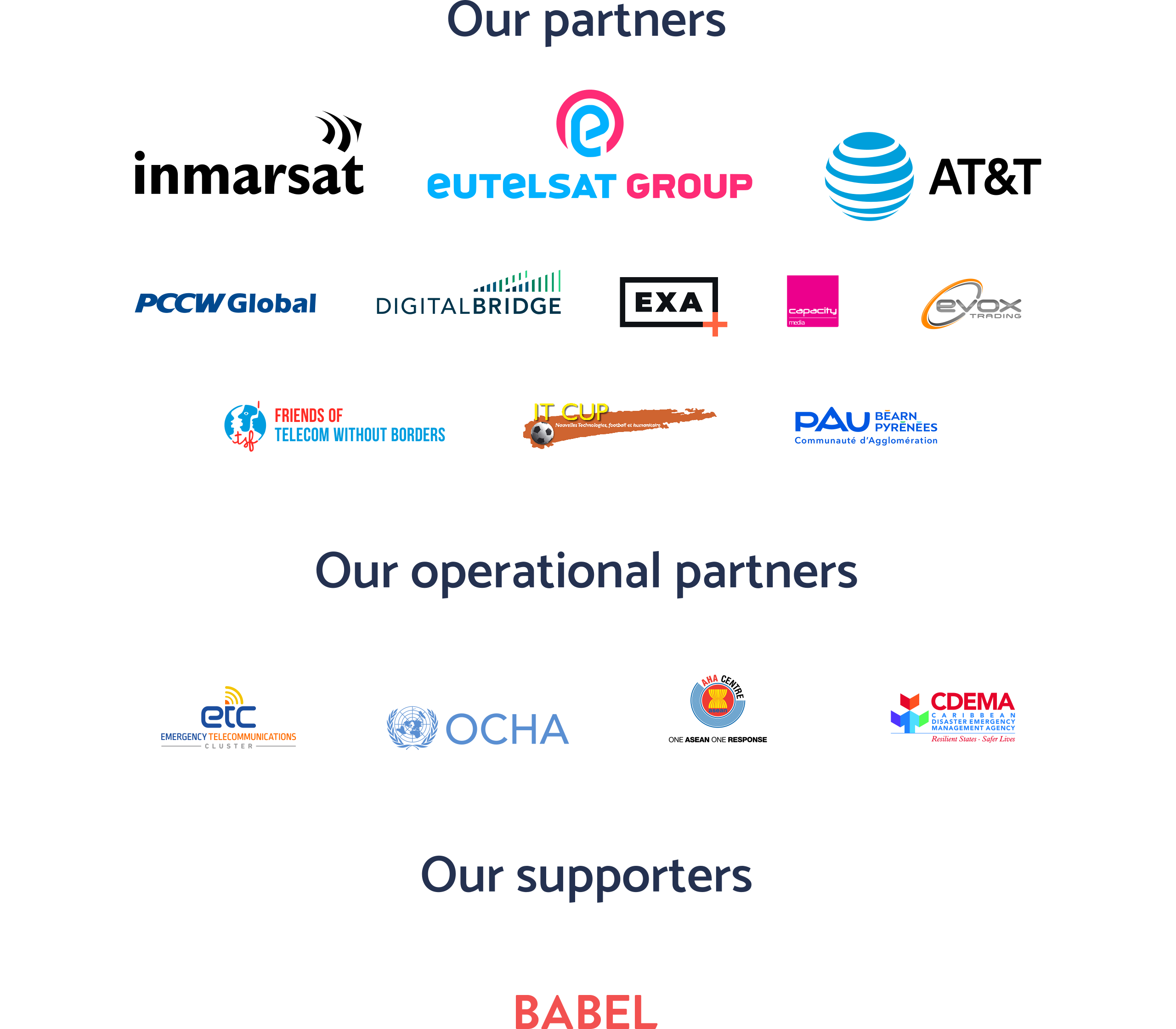


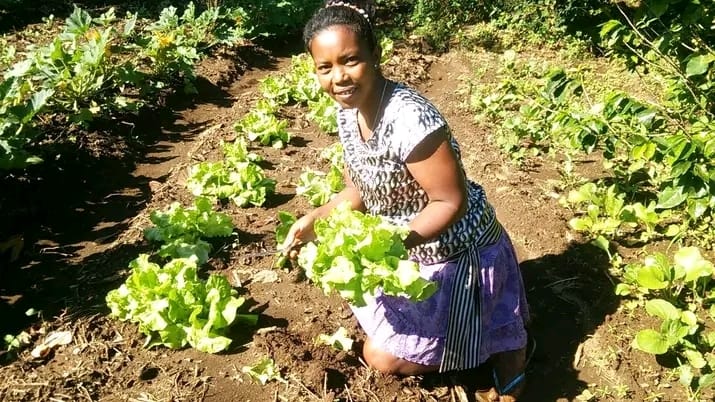
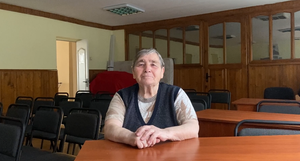
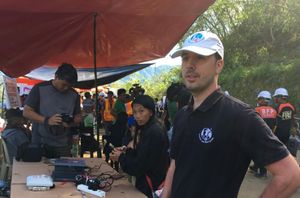
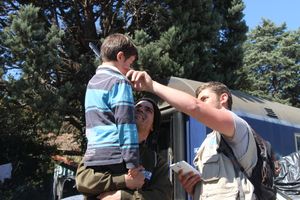
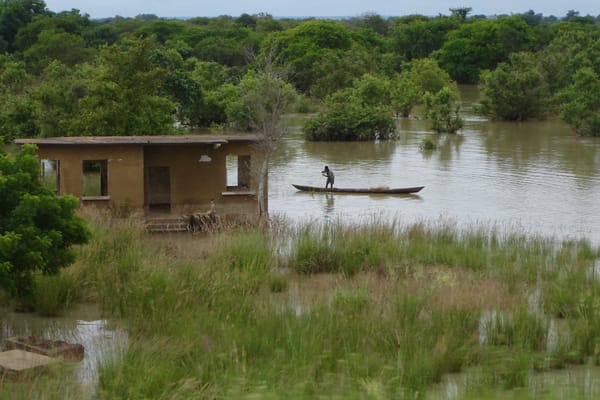
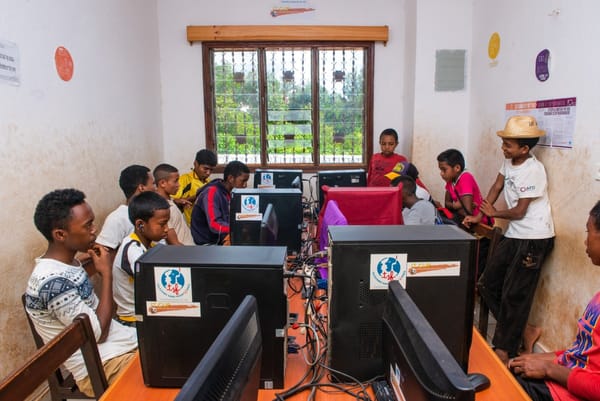
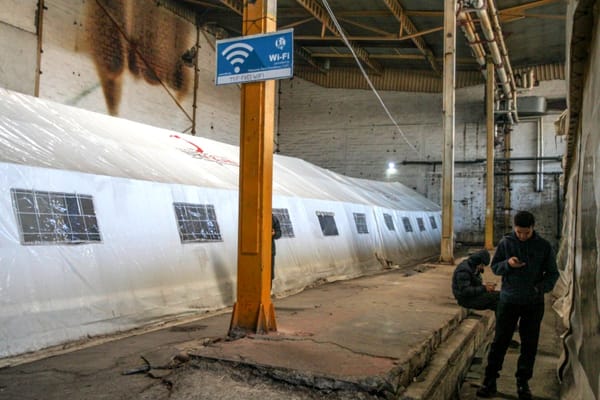

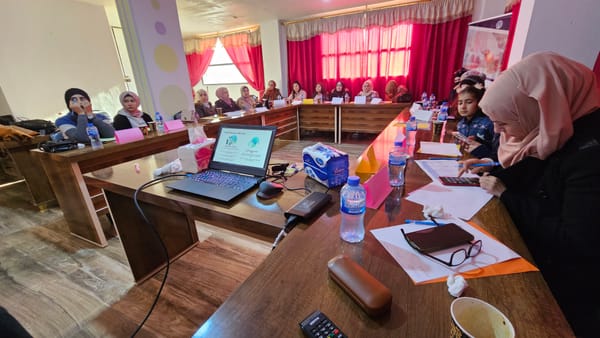
Member discussion